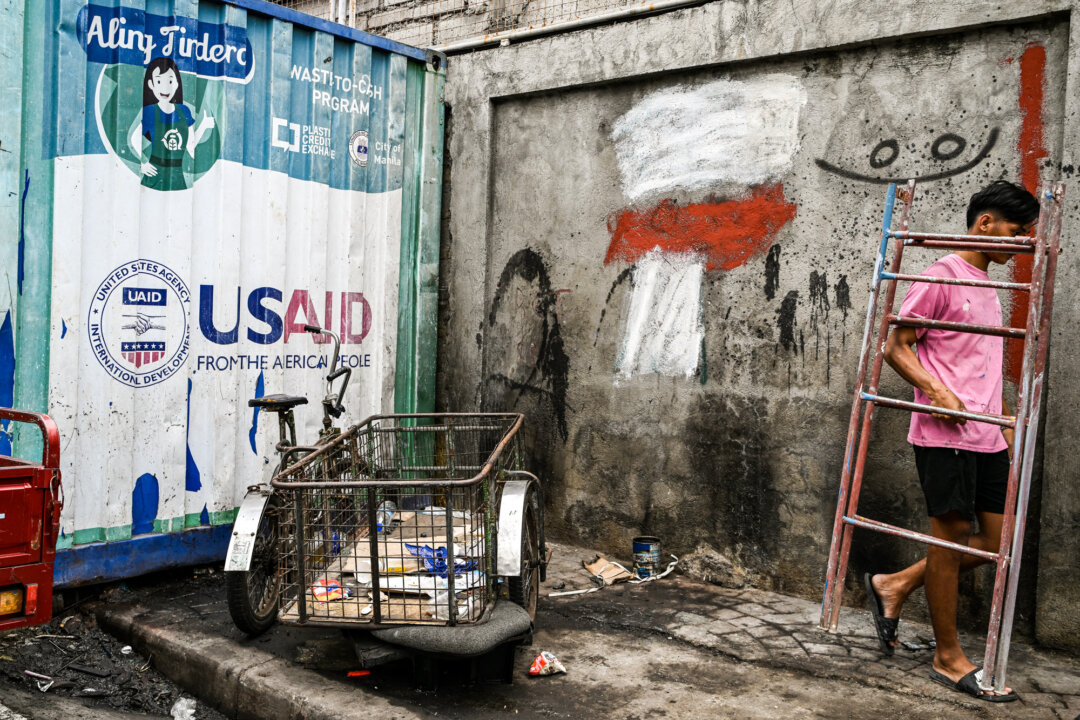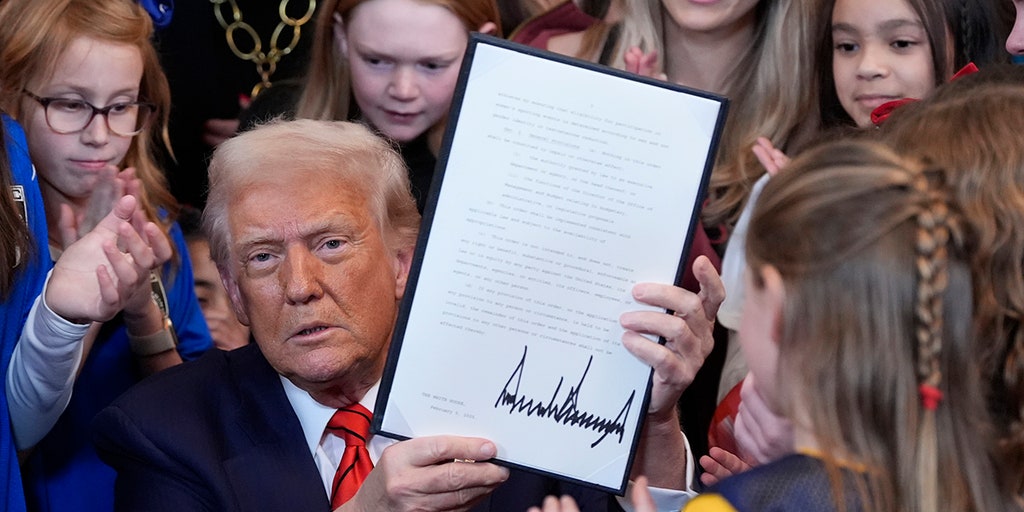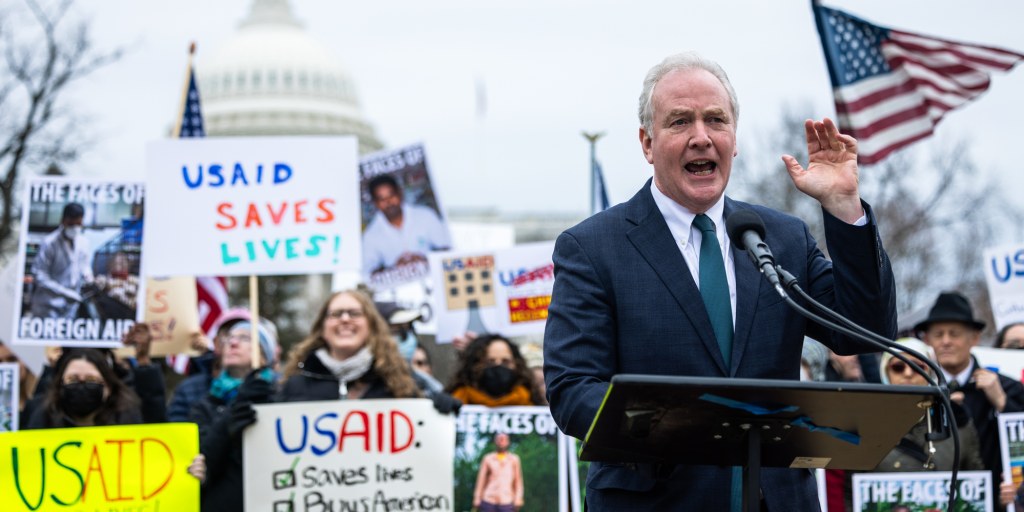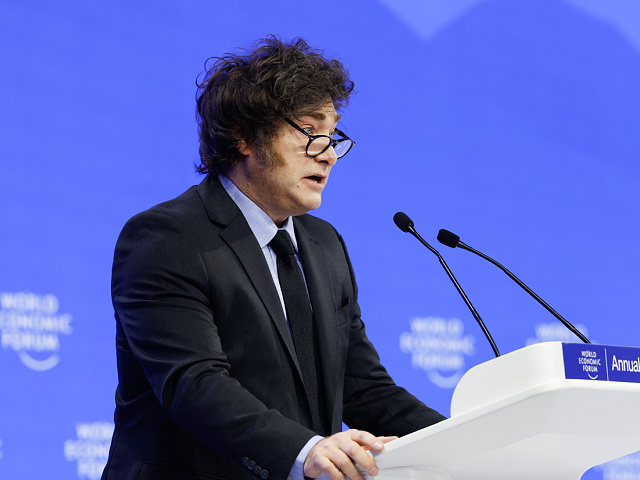USAID Faces Political Battle Over Oversight and Executive Power

The U.S. Agency for International Development faces a political struggle over presidential authority as the Trump administration seeks oversight and restructuring, sparking significant concerns about the agency's role and effectiveness.
The U.S. Agency for International Development (USAID) has become the focal point of a significant political struggle regarding presidential authority and governmental accountability.
On one side, the Trump administration is pushing for compliance across the executive branch with the president's agenda. On the other, congressional Democrats argue that these moves represent an alarming overreach of executive power and have committed to opposing them.
Amidst this discord, concerns arise that the primary mission of USAID—advancing U.S. interests through soft power—may be neglected.
President Donald Trump appointed Secretary of State Marco Rubio as acting director of USAID on February 3, following which he hinted at the potential closure of the agency with its functions transferred to the State Department.
The intention behind USAID has been to transform impoverished nations into stable allies, which, in turn, would benefit U.S. citizens. A stable and prosperous country is seen as a favorable ally.
Supporters of USAID regard it as a crucial instrument of foreign policy exemplifying the benevolence of the American populace.
While opinions vary, many observers concede that the agency accomplishes important work. USAID employs approximately 10,000 individuals and manages an annual budget of around $50 billion.
The President's Emergency Plan for AIDS Relief, administered by USAID, is frequently highlighted as a notable success, having allocated over $110 billion for combating HIV/AIDS in over 50 nations.
Scott Pegg, political science chair at Indiana University-Indianapolis, stated, "Most estimates are that somewhere in the vicinity of 27 million people are alive today because President Bush initiated and Congress supported that program."
In remarks on February 4, President Trump acknowledged, "some of the money is well spent."
Some recent projects funded by USAID include:
- $1.5 million for promoting diversity, equity, and inclusion in Serbian workplaces and business sectors.
- $47,000 for a "transgender opera" in Colombia.
- $2.5 million for electric vehicles in Vietnam.
However, criticisms have emerged regarding the agency's funding practices and oversight. A study revealed that $122 million has been allocated to organizations linked with designated terrorist groups, including funds for Hamas-controlled entities.
Instances of potential misuse have also surfaced, such as USAID's collaboration with Chemonics, which involved $9.5 billion aimed at improving health supply chains. Allegations surfaced claiming Chemonics overbilled by as much as $270 million and did not achieve its objectives, prompting multiple indictments for the illegal resale of USAID-funded materials.
Senator Joni Ernst (R-Iowa) has called for an independent investigation into USAID grant recipients, citing a long-standing culture of evasion within the agency, which has resisted congressional scrutiny.
Ernst indicated that false claims were made regarding document classification to hinder congressional review, a tactic she believes misled Congress about indirect program costs.
She mentioned that the agency's refusal to disclose administrative costs has further fueled concerns. USAID stated that sharing such data would breach federal law and suggested that the request was not presented formally by a "committee of jurisdiction."
Ernst criticized Washington insiders for being more frustrated with efforts to control wasteful spending than with USAID's management of taxpayer dollars.
"The agency has stonewalled me and used every trick in the book to hide what they are doing from the American people," she expressed, vowing to pursue transparency.
Secretary Rubio echoed criticisms following his appointment, stating, "They have basically evolved into an agency that believes that they're not even a U.S. government agency, that ... they're a global charity."
He pointed out that USAID often operates in opposition to U.S. interests, with complaints from State Department officials about USAID's lack of cooperation.
Rubio likened the recent measures concerning USAID to restoring administrative control from bureaucrats engaged in "rank insubordination."
Democrats are ready to challenge the changes legally, with Senator Chris Van Hollen (D-Md.) calling the executive order to dismantle USAID illegal.
Concerns remain about whether the ongoing feud between Congress and the President may obscure the crucial need for humanitarian assistance and support for allied nations' development.
Pegg emphasized, "USAID does a lot of great work, and it is an important projection of American foreign policy and American power."
Rubio clarified that the reform of USAID is not aimed at eliminating foreign aid but rather at ensuring that aid projects align with U.S. foreign policy.
The overarching goal of restructuring is to guarantee that U.S. foreign aid is executed in a manner commensurate with national interests. "I think we're going to be the most generous nation on Earth in a way that makes sense, that's in our national interest," Rubio remarked.





:max_bytes(150000):strip_icc():focal(911x232:913x234)/austen-kroll-girlfriend-audrey-pratt-main-020625-6302d0bc89ca4fdcb7062dd506d45202.jpg)













